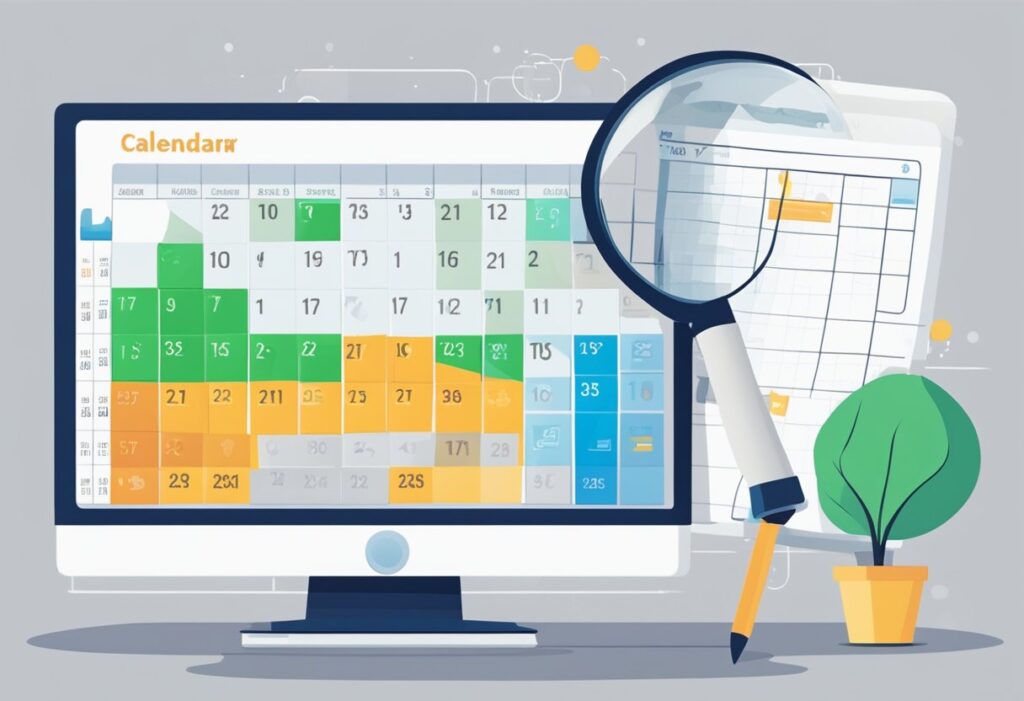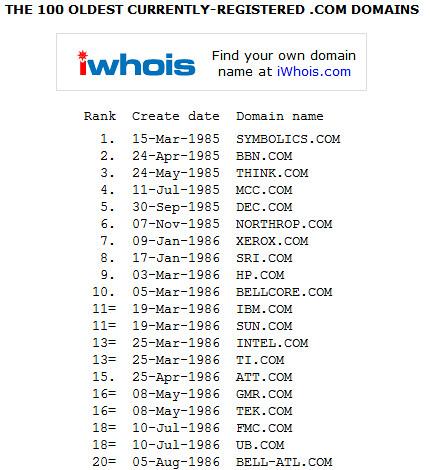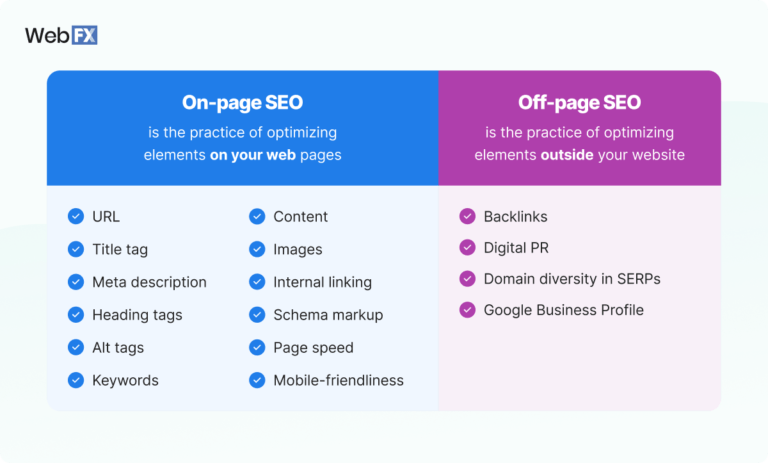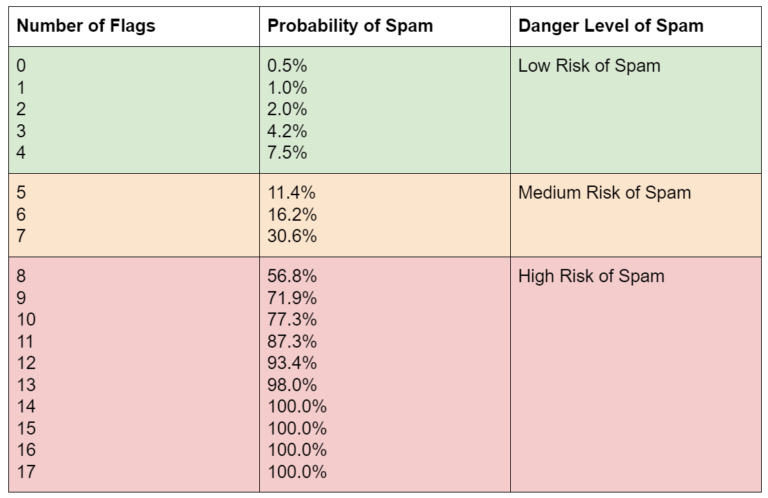How to Know the Age of a Domain? Knowing the age of a domain can be important for a variety of reasons. It can help you determine the credibility of a website, assess the value of a domain, and even identify potential spam or scam websites. In this article, I will explain how to determine the age of a domain and what factors to consider when doing so.

To determine the age of a domain, the first step is to look up the domain’s WHOIS record. This record contains information about the domain’s registration date, expiration date, and other important details. WHOIS records can usually be found by performing a search for the domain name followed by “WHOIS” in your preferred search engine.
Once you have located the domain’s WHOIS record, you can determine the age of the domain by looking at the registration date. Keep in mind that the registration date may not always be the same as the date that the website was first created or launched. Some websites may have been registered years before they were actually launched, while others may have been registered and launched on the same day.
Understanding Domain Age – How to Know the Age of a Domain?
Definition of Domain Age
Domain age refers to the length of time that a website has been registered and active. It is the period between the date when a domain name was first registered and the current date. The domain age is an important factor in determining the authority and credibility of a website. It is a measure of the website’s longevity and stability.
Need to buy expired domain? Contact us in WhatsApp button below.
Significance of Domain Age in SEO
How to Know the Age of a Domain? In Search Engine Optimization (SEO), domain age is a crucial factor in determining the ranking of a website. Search engines such as Google, Bing, and Yahoo consider domain age as an important metric in their ranking algorithms. Older domains are generally considered to be more authoritative and trustworthy than newer ones. This is because they have had more time to build up their content, backlinks, and reputation.
However, domain age alone is not enough to guarantee a high ranking in search engine results pages (SERPs). Other factors such as the quality of content, backlinks, user experience, and relevance also play a significant role. It is important to note that a new website can still rank high if it has high-quality content and a strong backlink profile.
In conclusion, understanding the concept of domain age is important for website owners and SEO practitioners. It is a crucial factor in determining the credibility and authority of a website, but it is not the only factor. A combination of factors such as quality content, strong backlinks, and user experience are also important in achieving a high ranking in search engine results pages.
Methods to Determine Domain Age

As a website owner or digital marketer, it is essential to know the age of a domain. The age of a domain can affect its search engine ranking, and it can also give you an idea of how long the website has been around. Here are three methods to determine the age of a domain.
Using WHOIS Lookup Services
One of the most straightforward methods to determine the age of a domain is to use a WHOIS lookup service. WHOIS is a protocol that allows you to look up information about a domain, including its registration date. There are several WHOIS lookup services available online, such as Whois.net, Whois.domaintools.com, and Whois.icann.org. These services are free to use and provide accurate information about the domain’s age.
Checking with Domain Age Checkers
Another way to determine the age of a domain is to use a domain age checker. These tools allow you to enter the domain name, and they will provide you with the registration date, as well as other information about the domain. Some popular domain age checkers include SmallSEOTools, WebNots, and DomainAgeChecker. These tools are free to use and provide accurate information about the domain’s age.
Analyzing Archive.org’s Wayback Machine
The Wayback Machine is a digital archive of the internet that allows you to view websites as they appeared in the past. It can also be used to determine the age of a domain. To use the Wayback Machine, simply enter the domain name into the search bar, and it will show you a timeline of the website’s history. You can then use this information to determine the age of the domain. The Wayback Machine is a free tool and provides accurate information about the domain’s age.
In conclusion, these three methods are the most effective ways to determine the age of a domain. By using WHOIS lookup services, domain age checkers, and the Wayback Machine, you can get accurate information about a domain’s age, which can be useful for SEO and other purposes.
Interpreting Domain Age Results
When you use a domain age checker tool, you will receive information about the domain name, including its registration date, expiration date, and any ownership or registration details changes. Here are some tips on how to interpret the results:
Evaluating Domain History
The age of a domain name is an important factor to consider when evaluating its history. An older domain name may have more authority and trust with search engines, and may be more likely to have a higher page rank. However, it is important to note that the age of a domain is just one factor among many that search engines consider when ranking websites.
Assessing Previous Ownership Changes
Another important factor to consider when interpreting domain age results is any previous ownership changes. If a domain name has changed hands frequently, this may be a red flag that the domain has been used for spam or other unethical practices in the past. On the other hand, if a domain name has had a consistent owner for many years, this may indicate that the domain has been used for legitimate purposes.
It is important to note that domain age results should be used in conjunction with other factors when evaluating the history and trustworthiness of a domain name. While domain age can provide valuable insights into a domain’s history, it is just one piece of the puzzle when it comes to assessing a website’s credibility and authority.







